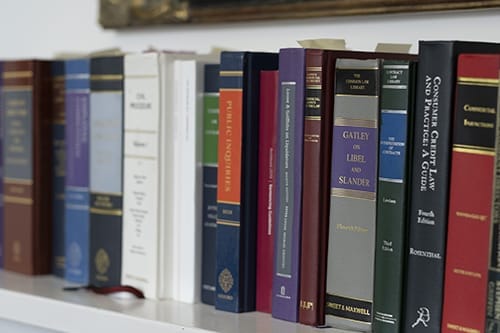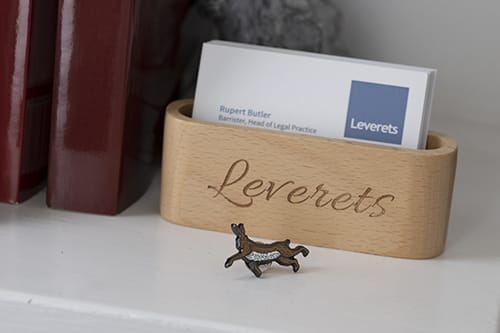Public Inquiry starting
The Lucy Letby public inquiry (The Thirlwall Inquiry) is set to start today, despite doubt about the safety of her conviction.
Letby has appointed a new legal team to pursue an appeal via the Criminal Cases Review Commission, on the basis that recent doubt on the validity of evidence raised by experts casts doubt on her conviction, and subsequent whole-of-life prison sentence.
Whilst the inquiry is independent to this legal challenge, a potential miscarriage of justice could still potentially influence its findings and future implementation of them. Especially if new findings cast doubt on the institutional practices and oversight of the Countess of Chester Hospital – its patient safety, governance, and compliance procedures are the focus of the inquiry.
Quick background
On 18th August 2023, Lucy Letby, a neonatal nurse at the Countess of Chester Hospital, was found guilty of murdering seven newborn babies and attempting to murder six others between June 2015 and June 2016, by injecting them with air, force-feeding them milk, or poisoning them with insulin.
She was sentenced to a whole-of-life prison order, meaning that if her conviction is not overturned, she will never be eligible for parole. This places her in a very exclusive club, with only four other women in British history having been given whole-of-life sentences – Rosemary West, Myra Hindley, Joanna Dennehy, and Mairead Philpott.
What is the basis of Letby’s legal challenge?
There are several legal challenges at play, following concerns raised about the fairness of Letby’s trial and the reliability of the evidence used against her:
- Statistical certainty or chance? Letby was on duty for every suspicious death or collapse on the neonatal unit during the period in question. It’s been suggested that this is flawed evidence, and such a pattern could occur by chance on a busy neonatal ward
- Should other cases have been included? An argument has been raised that other baby deaths and collapses, which took place when Letby was not on duty, should have been included in the analysis
- Notes or confessions? Letby’s handwritten notes were a well-publicised feature of the evidence against her. These have however also come under scrutiny with the revelation that she was advised to write these by a specialist occupational health colleague.
Is this sounding little familiar?
Relevant case law
It’s not surprising this might all sound a little familiar, especially if you are of a certain age.
In 2003, Sally Clark’s conviction for murdering her two infant sons was quashed in part due to doubts into the use of flawed statistical evidence. It was claimed during expert testimony that the chances of two babies in the same family dying of sudden infant death syndrome (SIDS) was 1 in 73 million.
Also in 2003, Angela Cannings, who was also found guilty of murdering her two children based on expert testimony into infant deaths which was later found to be flawed.
Another case worth mentioning is that of Lucia de Berk, a Dutch nurse wrongly convicted of multiple murders based on erroneous statistical evidence.
These cases all raised the need for greater scrutiny and resulted in reform of the use of expert witnesses.
Potential impact on the Thirlwall Inquiry
Whilst we await the outcome of Letby’s legal challenge, it’s clear that if her sentence were quashed it could potentially have an impact on the findings of the public inquiry and their future implementation.
The inquiry is not focussed on the criminal conviction itself, by rather the broader circumstances that allowed Letby to commit her crimes. The terms of reference will investigate three broad areas:
- The experiences of the Countess of Chester Hospital and other relevant NHS services, of all the parents of the babies named in the indictment.
- The conduct of those working at the Countess of Chester Hospital, including the board, managers, doctors, nurses and midwives with regard to the actions of Lucy Letby while she was employed there as a neonatal nurse and subsequently, including:
a. whether suspicions should have been raised earlier, whether Lucy Letby should have been suspended earlier and whether the police and other external bodies should have been informed sooner of suspicions about her
b. the responses to concerns raised about Lucy Letby from those with management responsibilities within the trust
c. whether the trust’s culture, management and governance structures and processes contributed to the failure to protect babies from Lucy Letby - The effectiveness of NHS management and governance structures and processes, external scrutiny and professional regulation in keeping babies in hospital safe and well looked after, whether changes are necessary and, if so, what they should be, including how accountability of senior managers should be strengthened. This section will include a consideration of NHS culture.
Whilst we await the outcome of the latest legal challenge – it is worth noting that Letby has already had two failed attempts to appeal her convictions – it is likely that heightened media speculation about the inquiry will persist.
A group of statistical experts, including fellow nurses, have written to ministers calling for a delay or amendments to the Thirlwall inquiry. Their argument rests on the basis that alternative complex causes for potentially negligent deaths need to be considered, and that without this the inquiry could result in an incomplete investigation into the management response.






